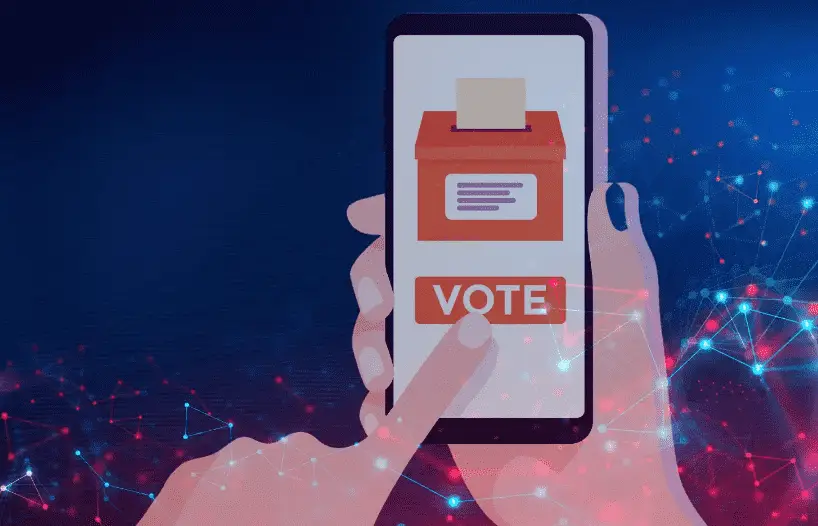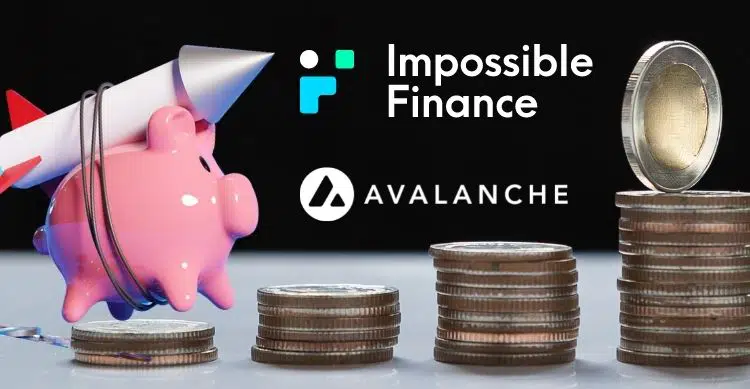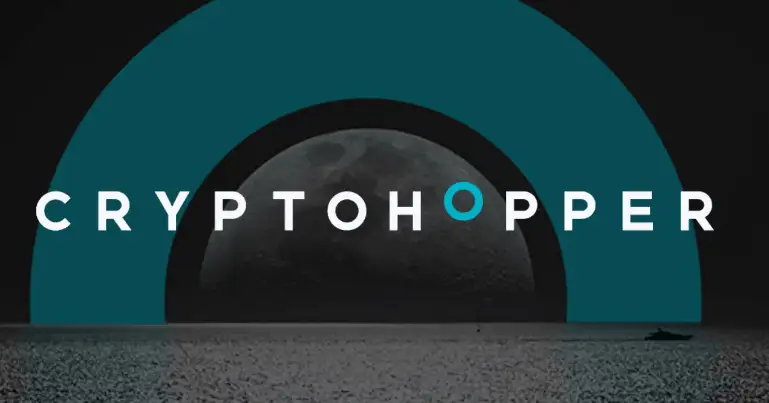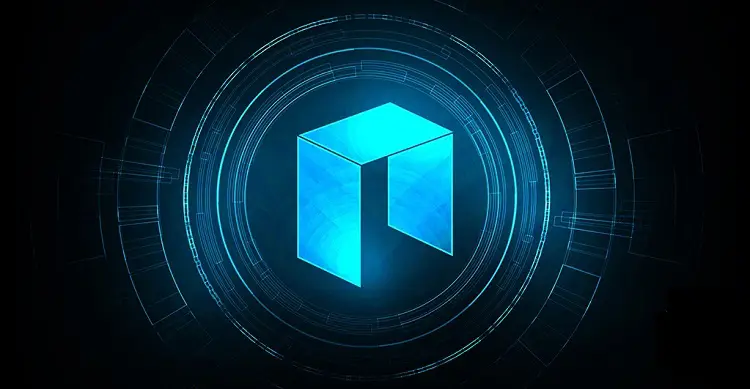Three students of the computer science stream from Malla Reddy Engineering College have developed a blockchain-based smart voting system. Their project has won first place at Hexathon, a 24-hour hackathon organized by Hyderabad Chamber of Commerce and Industry (HCCI) in Telangana.
The smart voting system enables online voting in a safe and tamper-proof manner. The ease of voting on-line will encourage more people to vote who may otherwise be turned off by the long queues at polling stations. This will be especially helpful in urban areas as people in these areas cannot spare the time to vote as they have to catch a train, bus whatever, and when they return from work, the voting is closed.
Shivani, a member of the team, says,
The poll percentages in rural areas are always higher than that of urban areas. Long queues at the polling stations are one of the reasons.
Shivani also said that the team had been asked to test their project in gated communities.
Already, EVMs have simplified the election process by reducing the time spent from bringing ballots from polling stations to counting centers to the counting of each ballot individually, which used to take 8 to 10 days to 3-4 days. This has also reduced the number of days manpower like government officers, teachers, and police forces remain engaged in election duty.
Blockchain technology based on-line voting system will give freedom to government personnel from election-related duty. Thus, allowing them to continue with their routine tasks. Also, no paper trail is required. So, it will also stop wastage of paper. This is an improvement over EVMs as the latest EVMs give a digital printout of each vote cast.
Online voting will reduce the time taken for declaring election results even further as today, EVMs need to be transported to counting centers just like their predecessor, the ballot box. With online voting, each vote will be embedded on the blockchain in a secure, immutable manner and counted for the party for which it was cast. The blockchain will be updated each time a voter casts his vote, and hence the results can be declared immediately after the voting is closed.
Jayesh Ranjan, Principal Secretary IT, and Industries were so impressed by the project that he asked the students to make a presentation on it before the State Election Commission.









